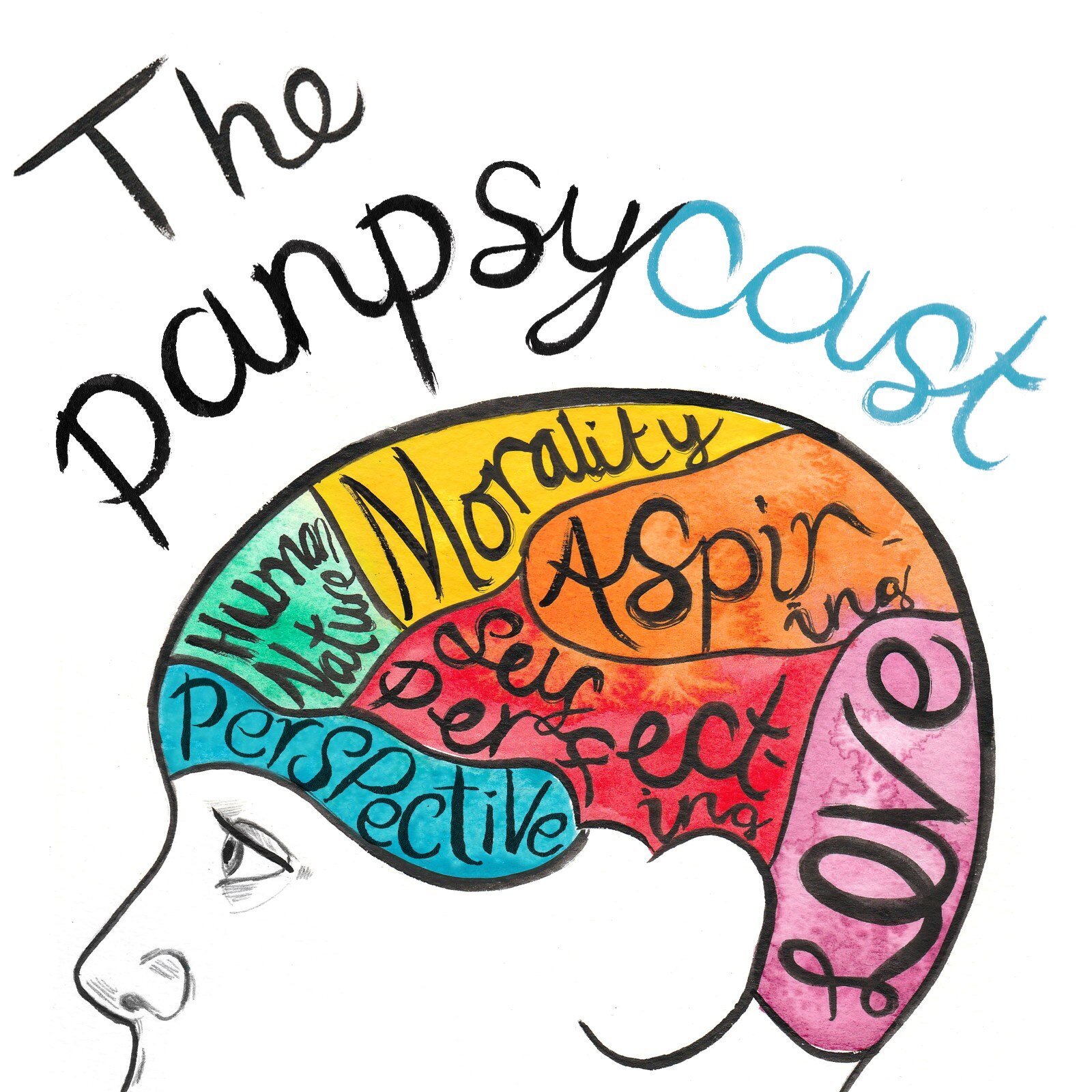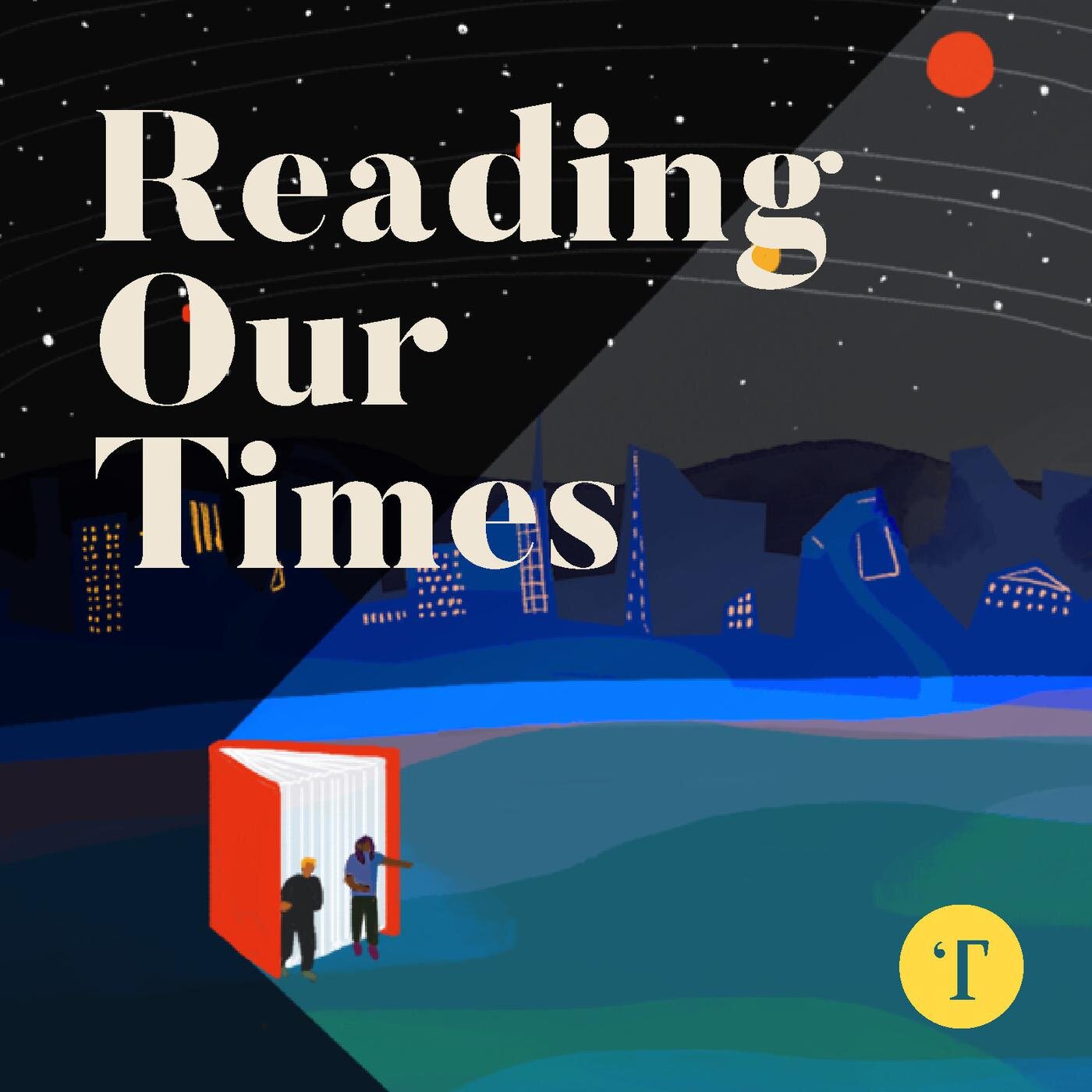Welcome to 'Episode 88 (Part IV of V)’, where we’ll be discussing Buddhist practices and the eightfold path.
Jack was walking down a street. It was a day like any other. As ever, his mind was a flurry of thoughts, worries, and anxieties, stimulated by coffee and the bright light of his phone. In a bid to relieve his stress, he put his phone in his pocket, and tried to notice the details he would usually ignore.
As he walked past the pharmacy, he saw a sick man coughing and spluttering; he was throwing medication back to stop his disease from decaying his body. Jack kept walking and came across an old woman waiting at a bus stop. She was fragile, crooked, and anxious; clearly age had taken much from her. Crossing the road away from the bus stop, he waited for the traffic to pass. Driving slowly past him was a hearse: a coffin on full display, surrounded by flowers, proceeded by a stream of weeping mourners.
Jack fell to his knees, overwhelmed with despair, “we all get sick, we all age, and we all die. We cannot escape this fate!” His head against the pavement, he didn’t move for almost an hour. When he got up, he was approached by a homeless man, to whom he said, “sorry, I don’t have any change.” The man replied, “It is you who needs a little change, young monk. I know why you fall to your knees in despair: the inescapable suffering of life weighs on us all. Let me tell you of someone who was once like you, who tried to remove suffering from our minds… let me tell you the story of Siddhartha Gotama, The Buddha.”
The file size is large, please be patient whilst the podcast buffers/downloads/escapes the cycle of rebirthThis episode is proudly sponsored by the Reading Our Times podcast.
You can find Reading Our Times on all major streaming sites, including Apple Podcasts, Spotify, Stitcher, and Deezer.
For more information, please visit www.theosthinktank.co.uk.
Contents
Part I. The Life of Siddhārtha Gautama
Part II. The Four Noble Truths
Part III. The Cycle of Life
Part IV. The Eightfold Path
Part V. Further Analysis and Discussion
Links
Buddhism: A Very Short Introduction. Book.
Buddhist Ethics: A Very Short Introduction. Book.
Why Buddhism Is True, Robert Wright. Book.
The Foundations of Buddhism, Rupert Gethin. Book.
Buddhism, The Great Courses. Lecture series.
What the Buddha Taught, Walpola Rahula. Pdf.
The Problem of Mindfulness, Sahanika Ratnayake. Online essay.





